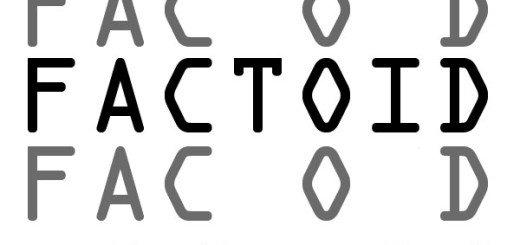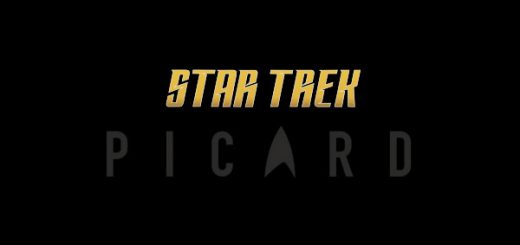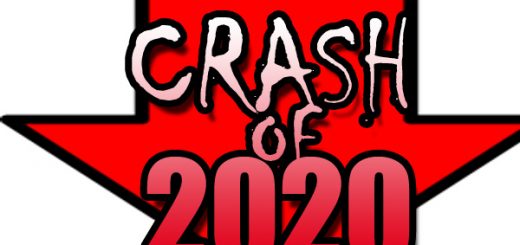The Internet, The War of Words, and Snake Oil
According to Wikipedia, “Snake oil is an expression that originally referred to fraudulent health products or unproven medicine but has come to refer to any product with questionable or unverifiable quality or benefit. By extension, a snake oil salesman is someone who knowingly sells fraudulent goods or who is himself or herself a fraud, quack, charlatan, and the like.”. When you look at the hyperbole and total crap that surrounds the copyright debate, you don’t have to go far to discover plenty of the reptilian oil.
One of my current favorite oily artists is a bloke by the name of Dick Augustsson. Dick grew up as a bit of a computer nerd, a child of the Commodore computer days. He was also somewhat politically active, sort of your typical student politcs / debate squad type. He apparently shined at this sort of thing, his persistence in research and his ability to play word games was soon advancing his political aspirations away from the moderate political parties of his youth. His creation in his early 30s was the Swedish Pirate Party.
His coming out party of sorts was an article called “Nothing New Under the Sun”. It’s pretty much the basis of his views of copyright, justifying his 21st century piracy on things he disliked about laws passed in the 15th century. Many of his speeches and writing continue to be hinged on what he considers to be the history of copyright, simultaneously referring to it as both a monopoly and a tool of censorship. That was the basis of his first writings, and he continues to this day to harp on these game themes.
Oh yeah, a little more about Dick Augustsson. Apparently he got tired of people laughing at his first name, so he changed it to Rickard, and at the same time took the liberty to change his family name to Falkvinge, which in english is Falcon Wing. This little adjust brings us to the Rick Falkvinge we know today, and the change reveals much about what he seems to see as the power of words.
A few months back, he wrote a piece called “Language Matters: Framing The Copyright Monopoly So We Can Keep Our Liberties”. It was basically an attempt to get people to call the movie and music industries as the “Copyright industry”, and to not use the terms pirate, copy, or take, but rather to frame garden variety piracy as “sharing knowledge and culture”. Classic in all of this is an attempt bootstrap his opinion of copyright as a monopoly, asking people to use “copyright monopoly” and “patent monopoly” instead of the words copyright or patent alone.
This article pretty much explains Dick Augustsson in a very complete way, because it shows that he feels a simple change of a phrase will change people’s perceptions, and thus suddenly lead us to some sort of copyright free paradise. Yet when you push away the smoke and mirrors, what you see instead is that the word games disguise the ugly truth.
First and foremost, his key term is monopoly. His historical basis is that the “first” copyright (which was more to do with a right granted for a single company to print books for the Queen at the time in England). He says therefore that all copyright must be a similar monopoly. He cites the term “exclusive right” and says that it’s a “monopoly”, yet apparently he doesn’t understand the term. Exclusive rights to things (example home ownership, car ownership, or even such things as an airplane seat) do not create a monopoly in and of themselves. Monopoly suggests a single source for a class of thing, with no competition. Yet, there were thousands of movies released this year, tons of new software, a library of books and a never ending festival of music. Someone better tell them to stop, there is a monopoly going on!
After that, it’s pretty thin logic on the ground. Claiming that piracy “shares knowledge” is like saying that rape is “sexual education”. Certainly during rape these is sex and there is an education (for the victim, who has to learn to live with what has happened), but it is neither the main goal nor a good way to accomplish it. Before the internet, plenty of knowledge was shared, we were not an ignorant people. Getting to watch the latest Iron Man movie on a pirated hand held camera version or a pre-production video that was hijacked from the studio isn’t exactly going to improve our knowledge as a people. Rather, it’s entertainment, in the classic bread and circuses mentality. Dick’s claims seem to suggest that he feels that society has some sort of moral obligation to provide free entertainment for the masses, perhaps to distract them from his vapid speeches. Either way, pirating Hollywood movies and the latest Rihanna album doesn’t “share knowledge” in any meaningful way.
So once you get past the obviously bogus monopoly claims and the knowledge red herring, what is left? Well, what is left mostly is a 40 something year old guy who started out pirating and trading software in his youth, started a political party that exists only because of proprotional repesentation electoral systems, and who has made a number of interesting claims over his career – enough to pretty much get him run out of those positions. His apparent stand to support freedom of speech over banning child porn, as well as some comments made during the failed campaign for the 2010 elections in Sweden sealed his fate, as the party didn’t get enough votes to meet the threshold for getting anyone in parliament. Not long after, he quit the party (alternate reports suggest he was either shown the door or was explained that pretty much everyone else would leave if he stayed on), and now is a freelance writer and paid speaker for the pirate cause.
Dick continues to hit at his key phrases, a recent Torrent freak post had the word “monopoly” in it more than 15 times in a dozen paragraphs. His recent book, Swarmwise, isn’t selling very well, ranking well into the 600,000s on Amazon even during it’s initial run. Demographics on his main website suggest that he is mostly popular with young, under educated males reading his site from school. I think that is the best way to explain the whole deal. Dick as Rick Falkvinge appeals to those who are still in the “formative” years of life, where they haven’t gotten life experience, and where piracy is perhaps more important these days than getting a date for the big dance (geeks don’t go, anyway!). It’s a microcosm of the piracy world, where loud but less experienced people try to tell everyone else how to do things. This is fertile ground for a sort of combination of hippie commune style thinking crossed with modern technology and a society seriously lacking in moral fiber.
The real trick in the game is that he is a very convincing speaker, and knows how to feed people back what they want to hear, wrapped around slivers to truth that make it all seem plausible and correct. Yet, when push comes to shove, Dick has no idea of what a real replacement industry would be, or it’s size or scope, nor it’s effects on the rest of the entertainment economy. It’s not in the scope of his imagination, he is sort of working like the US did in Iraq – too busy worrying about getting rid of Saddam to consider what the place would look like the day after. When they can’t tell you what their solution is beyond ripping things apart, they are trying to sell you snake oil.













